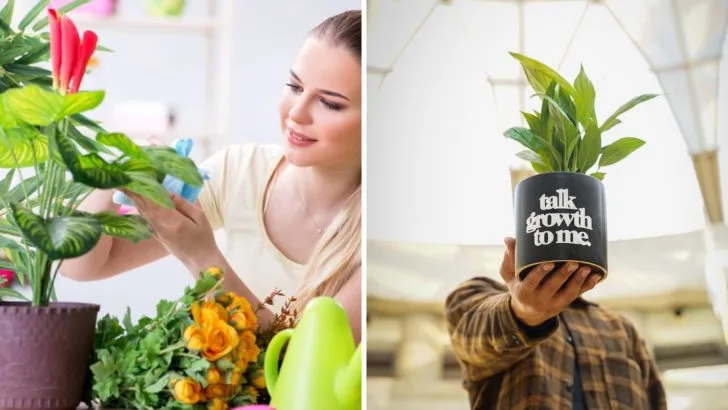It’s easy to get caught up in the buzz around gardening tips that sound clever on paper. Maybe you’ve seen them on Pinterest, heard them from a neighbor, or scrolled past them in a late-night TikTok binge. They promise quick fixes and secret tricks, all wrapped in confident advice. The thing is, not all of them hold up when put to the test—especially if you ask someone who actually works with plants day in and day out.
Gardening isn’t just about tossing seeds in dirt and hoping for the best. It takes some observation, a little patience, and knowing which advice is rooted in reality versus what just sounds good. We pulled together a list of gardening tips that get passed around like folklore, but pros agree—they don’t actually help. Some might even cause more harm than good.
Vinegar for Soil pH Adjustment
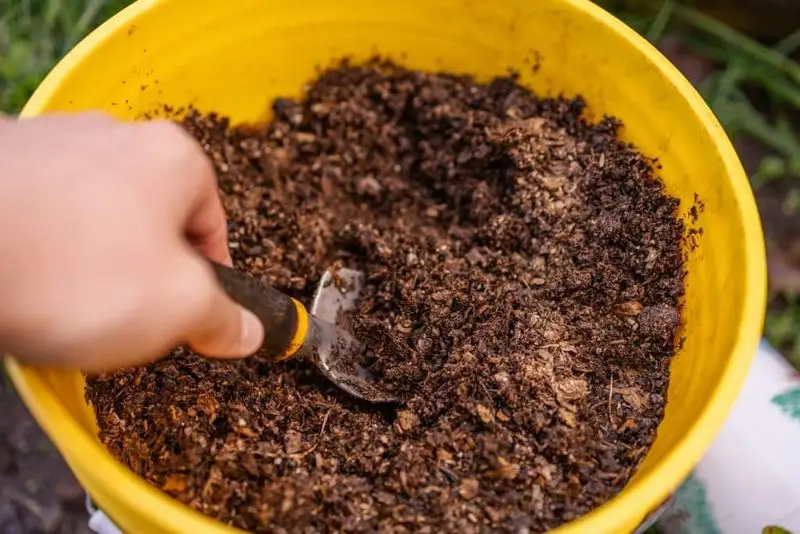
Vinegar as a soil acidifier sounds plausible due to its acidity. However, vinegar’s effects are temporary, with soil quickly neutralizing it. Frequent applications risk harming plants. For sustained soil pH adjustment, sulfur or commercial acidifiers are preferable. They provide consistent results without adverse effects. Did you know? Vinegar works well as a natural weed killer when applied directly. While not suitable for pH adjustment, it’s useful for eco-friendly weed control. Stick to proven methods for soil health, ensuring your gardening efforts yield thriving plants.
Singing to Your Plants
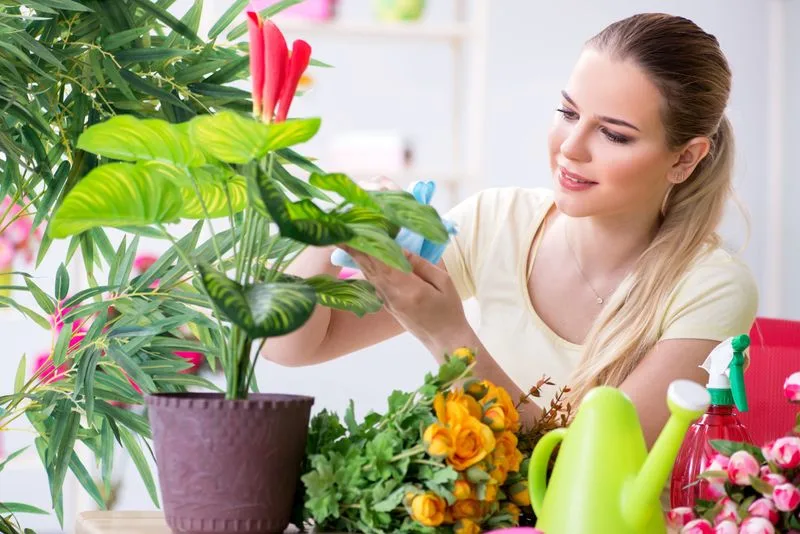
Have you ever crooned a tune to your ferns, hoping they’d grow faster? This myth suggests plants thrive on music. In reality, they don’t have ears or musical taste! While talking might increase the carbon dioxide nearby, it’s the care and conditions that truly matter.
Plants appreciate consistent watering, adequate sunlight, and proper soil nutrients more than a serenade.
For indoor gardeners, playing music might create a pleasant atmosphere for you, but it doesn’t affect plant growth. Next time, save your voice and focus on perfecting your watering routine instead!
Burying Banana Peels
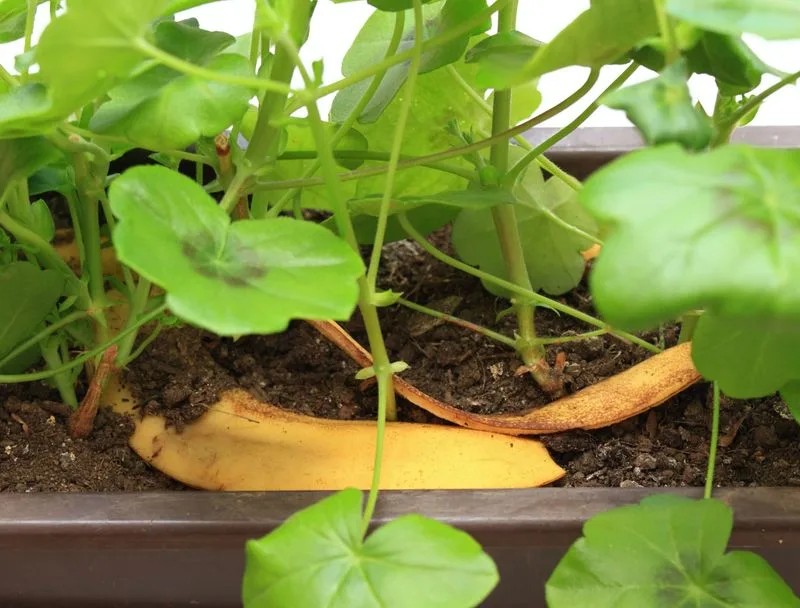
The bananas’ potassium might sound like a natural fertilizer, but there’s more to it. Burying peels can attract pests and create an unpleasant mess.
Instead, compost them properly to enrich your soil without the drawbacks.
Consider using finished compost to boost your plants’ health and prevent attracting unwanted garden critters. Composting banana peels in a controlled environment ensures nutrients are efficiently utilized, creating a win-win situation for your garden!
Rusty Nails in Soil
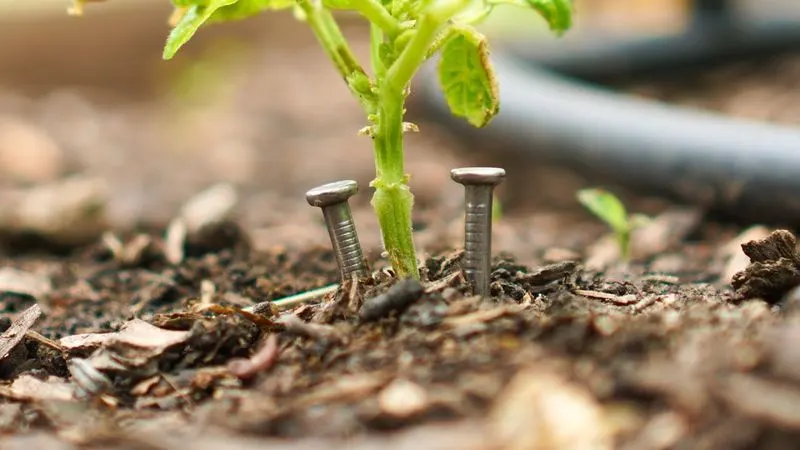
Some gardeners swear by rusty nails for adding iron to the soil, hoping for lush, green foliage. Yet, the rusty nail method is both inefficient and potentially harmful.
Rust isn’t the most effective way to supply iron to plants and can lead to imbalances or even soil contamination.
Iron supplements or amendments designed for gardening are safer options. When it comes to plant nutrition, professional recommendations should take priority over old wives’ tales.
Playing Classical Music

Belief in classical music’s power to aid plant growth has roots in human enjoyment rather than botanical science. Plants don’t have a preference for Mozart over silence; their growth relies on tangible care.
While the serene soundscape might soothe the gardener, it doesn’t influence plant health.
Focus on sunlight exposure and nutrient-rich soil to see genuine growth results. Music can lift spirits, but it won’t make your begonias bloom any brighter!
Adding Sugar to Soil
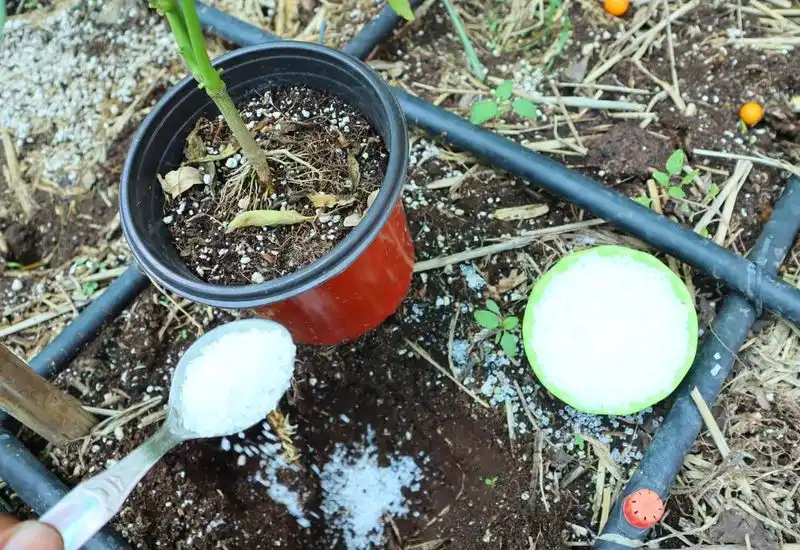
The idea that sugar will sweeten fruits or aid growth is sweetly misguided. Sugar can disrupt the soil’s ecosystem, attracting pests and causing imbalances.
Instead of sugar, providing balanced fertilizers ensures healthy plant development.
Your garden thrives on nutrients designed for its specific needs, not kitchen staples. Stick to horticultural advice when sweetening your garden’s success. Save the sugar for your coffee and watch your fruits flourish naturally.
Talk to Plants for Growth
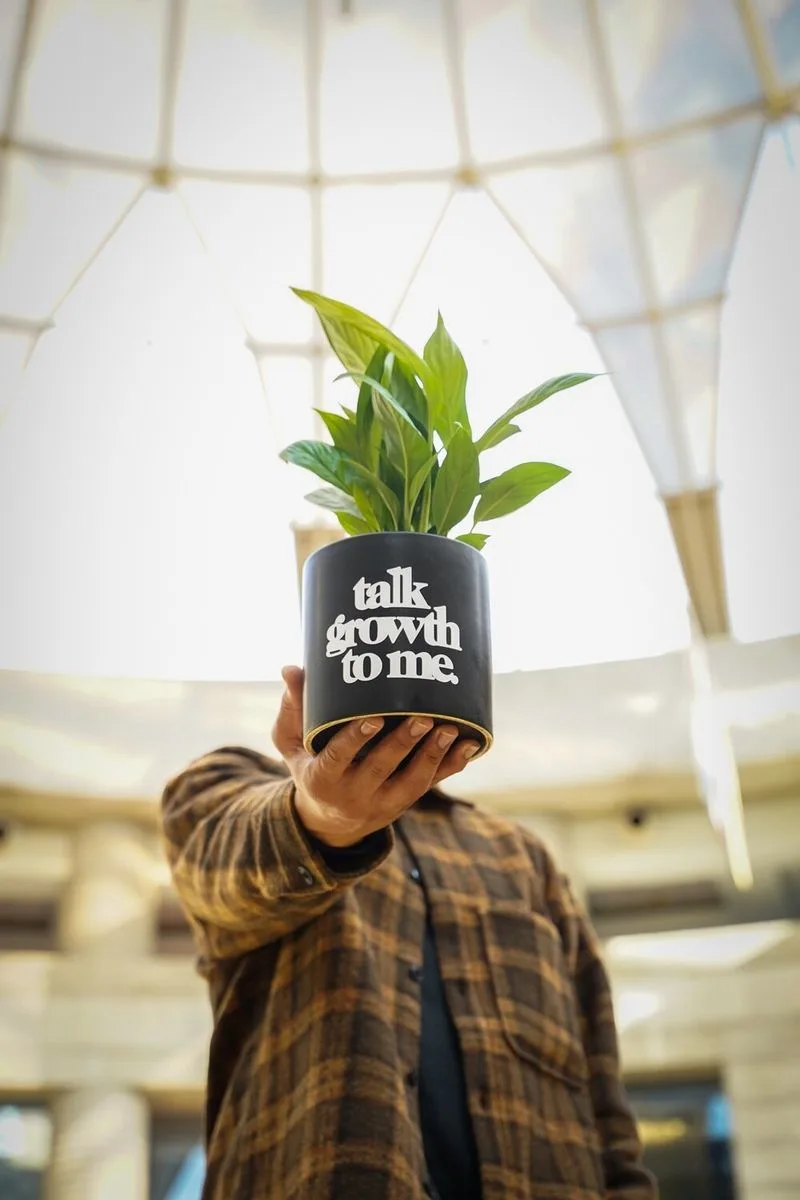
Conversing with plants for better growth is a charming notion, but not scientifically supported. While it’s said to create a nurturing environment, plants primarily need sunlight, water, and nutrients.
Talking might be therapeutic for gardeners, providing relaxation and focus on their green friends.
However, the plants themselves remain indifferent to chit-chat. Concentrate on providing essential care, and let your green thumbs do the real talking.
Caffeine for Acidic Soil
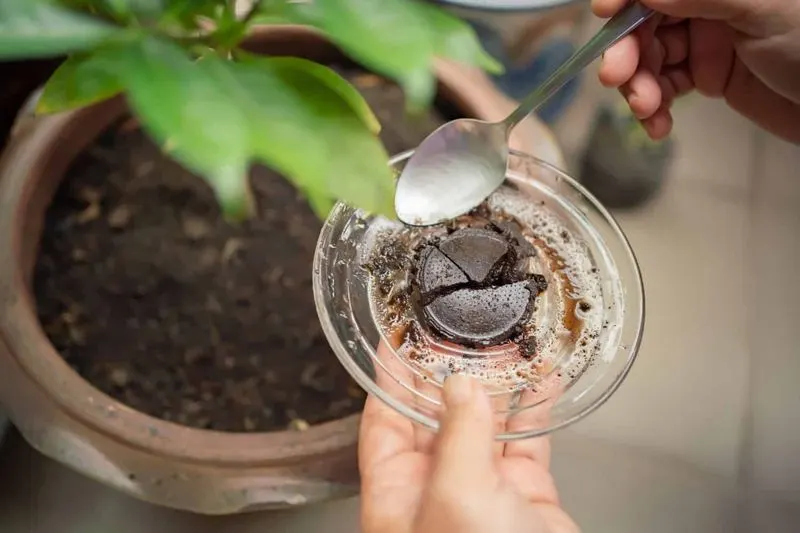
Coffee grounds are touted for acid-loving plants, yet indiscriminate use can spell trouble. Over time, they may alter soil pH unpredictably, harming sensitive plants.
Moderation is key, as is understanding your plants’ specific soil requirements.
Instead of direct application, composting used grounds first ensures safe integration. For those keen on recycling, keep the caffeine in check and celebrate a balanced garden ecosystem.
Milk for Powdery Mildew
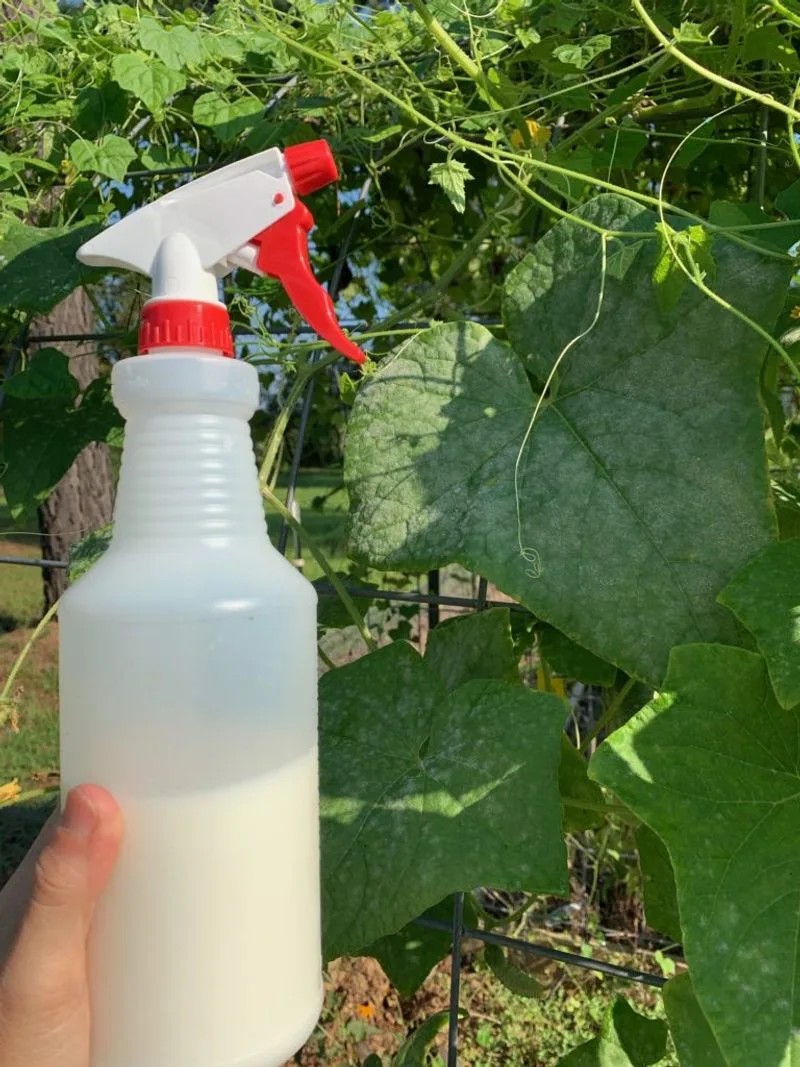
Milk as a remedy for powdery mildew sounds inventive but lacks consistent backing. Though some claim success, results vary widely.
Milk might provide a temporary fix, but it isn’t a substitute for proven treatments or preventative measures.
Relying on horticultural fungicides or preventive care offers more reliable control. Keep milk for your cereal and seek out expert-approved solutions for plant ailments.
Vodka in Vase Water
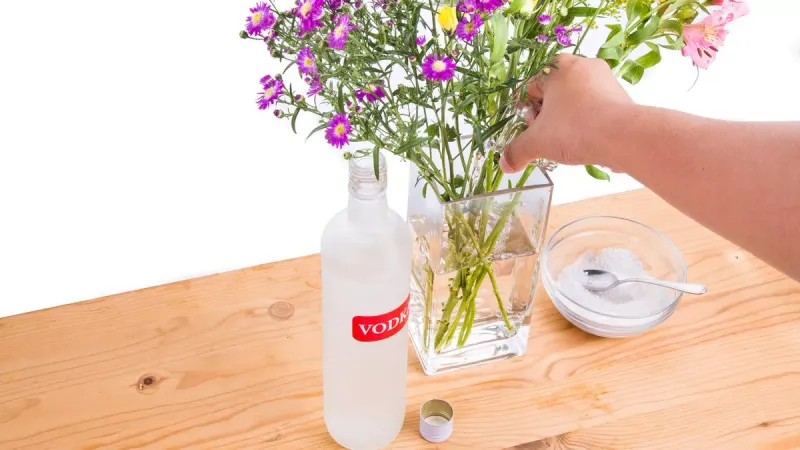
Vodka in vase water as a flower preservative is a whimsical attempt at botany. While it may slow bacterial growth, it can also affect flower longevity adversely.
Using clean water and regular changes keep blooms fresh without the need for spirits.
The floral arrangement will thrive better under tried-and-tested care rather than home remedies. Stick to basics, and your flowers will thank you with vibrant displays!
Pennies in Garden Bed
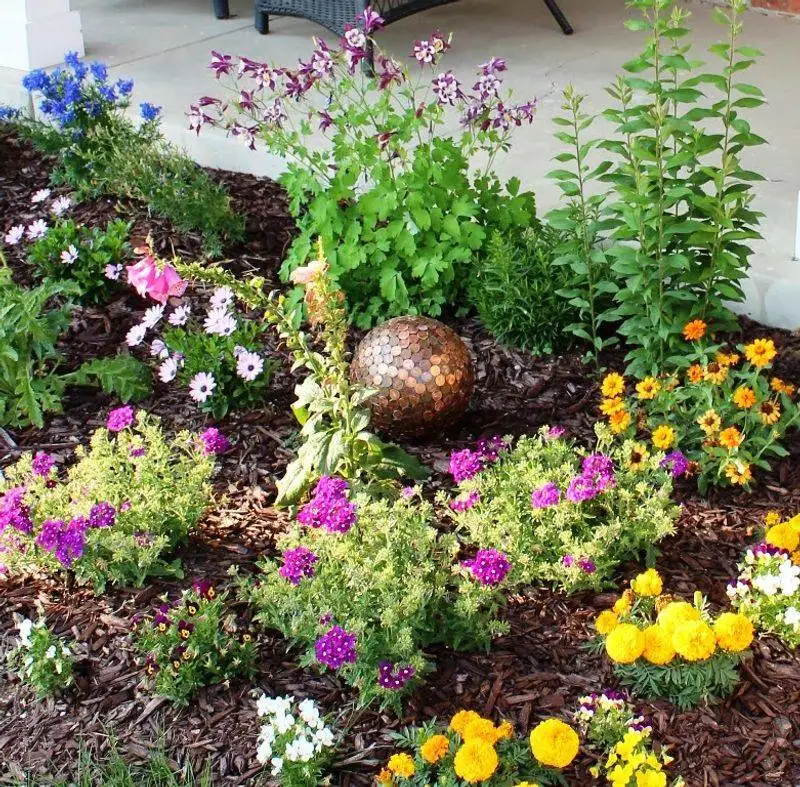
The myth that copper pennies can deter slugs is as old as currency itself but not quite as true. Modern pennies contain little copper, rendering them ineffective in pest control.
Gardening solutions like diatomaceous earth or slug traps prove more successful.
The garden bed benefits from truly effective methods rather than nostalgic tricks. Keep those coins in your pocket or collection, and explore reliable pest control options.
Bleach for Algae Control
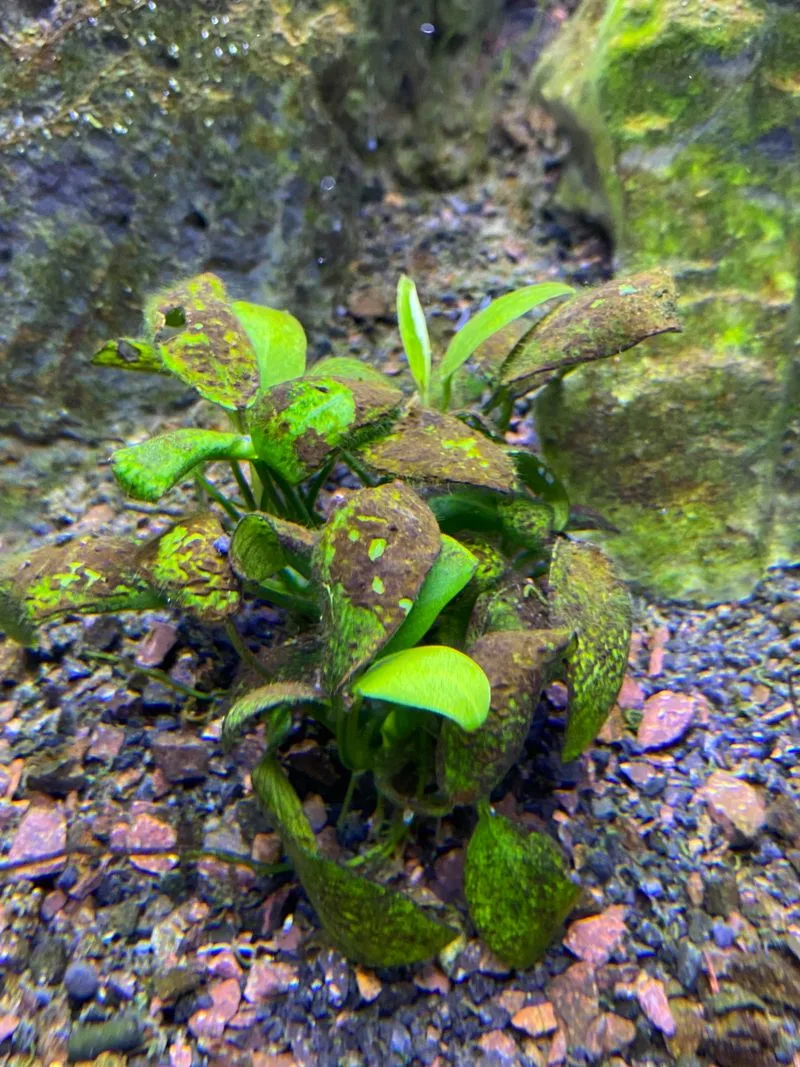
Bleach for algae control can harm more than help, endangering aquatic life and plants nearby. Sure, it might kill some algae, but at a potentially high cost.
Safer alternatives include manual removal or using algaecides designed for ponds.
Prioritize eco-friendly solutions that preserve the garden’s harmony. Trust in the science of gardening, and your pond will remain a tranquil feature rather than a chemical battleground.
Aspirin for Plant Immunity
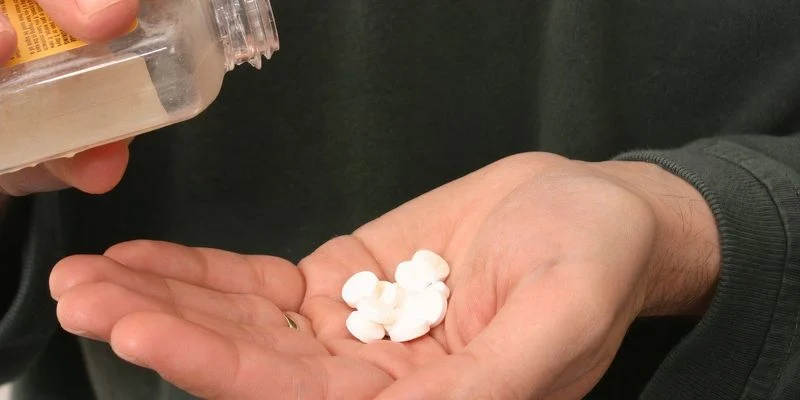
Aspirin in water is believed to boost plant immunity, but evidence remains scant. While salicylic acid—a component of aspirin—has a role in plant defense, direct application isn’t straightforward.
Plants thrive on holistic care that addresses all their needs.
Experimenting with aspirin might intrigue, but tested nutrient management proves far more beneficial. Focus on comprehensive plant health strategies, and your garden will bloom resiliently without pharmaceutical interventions.

